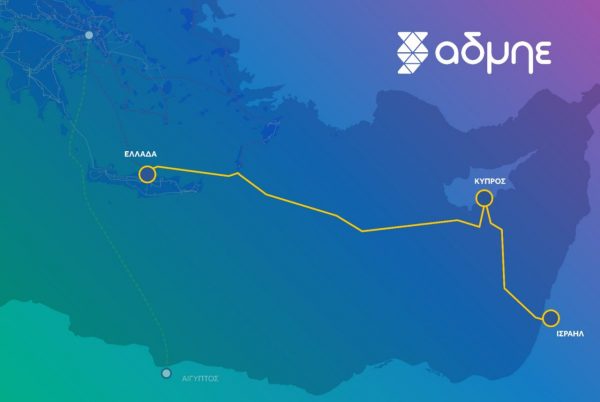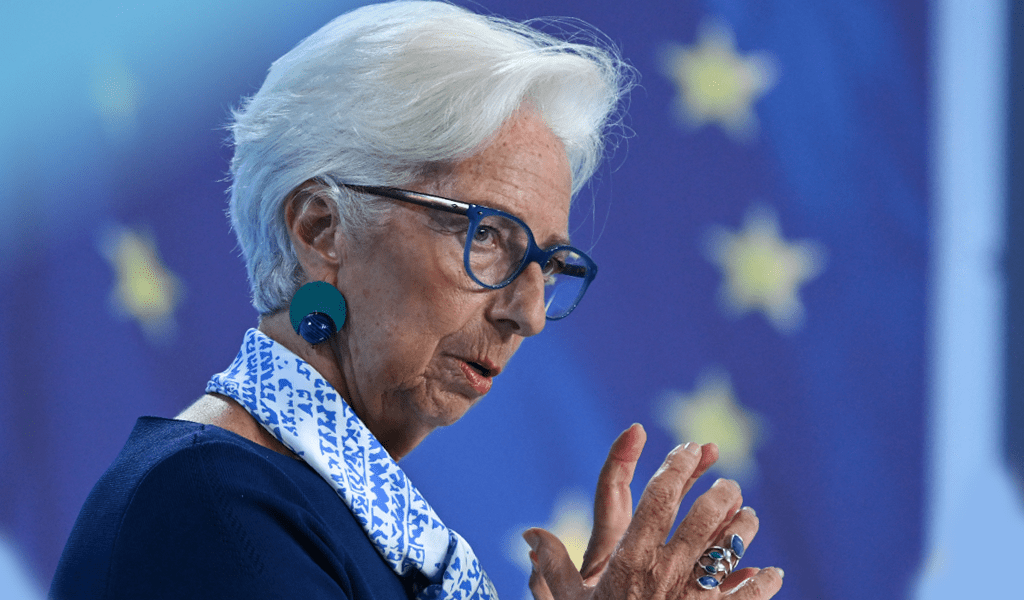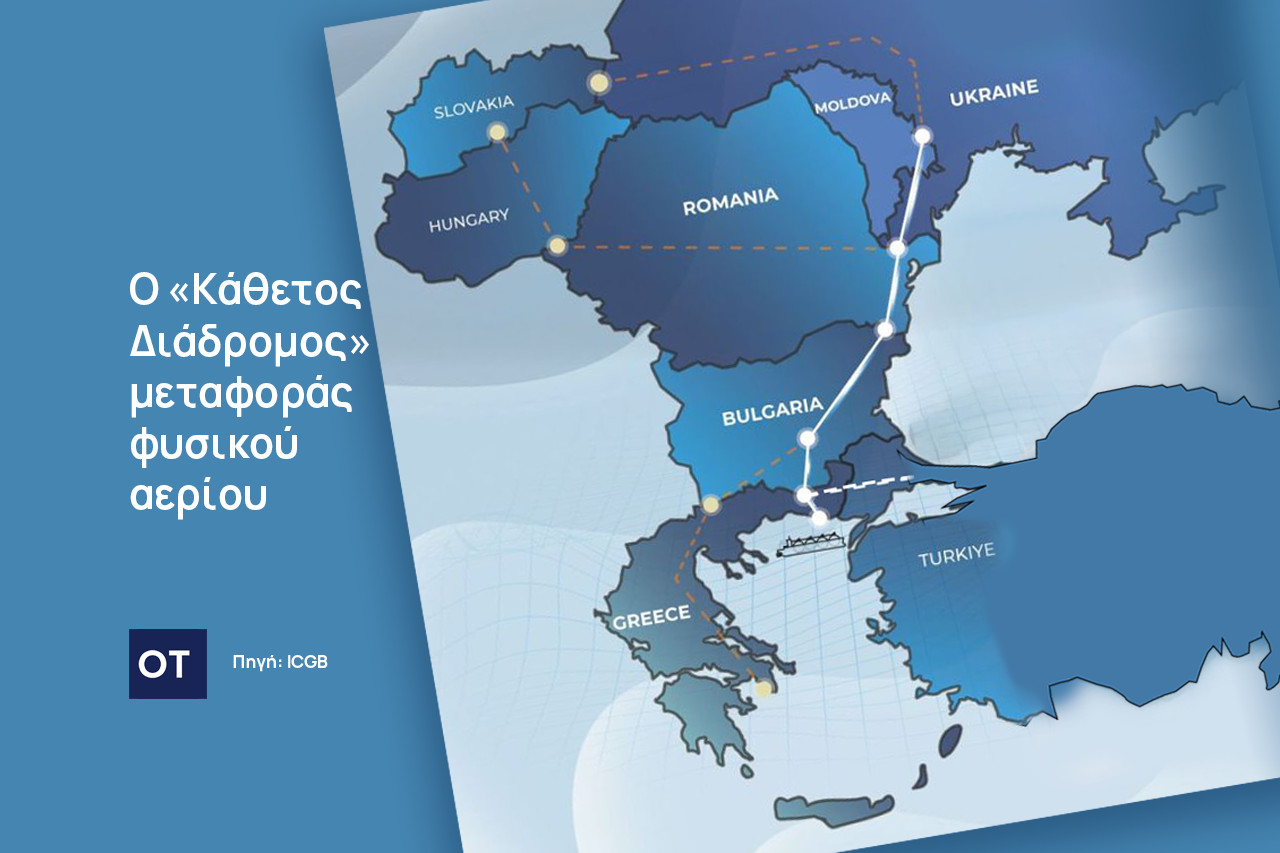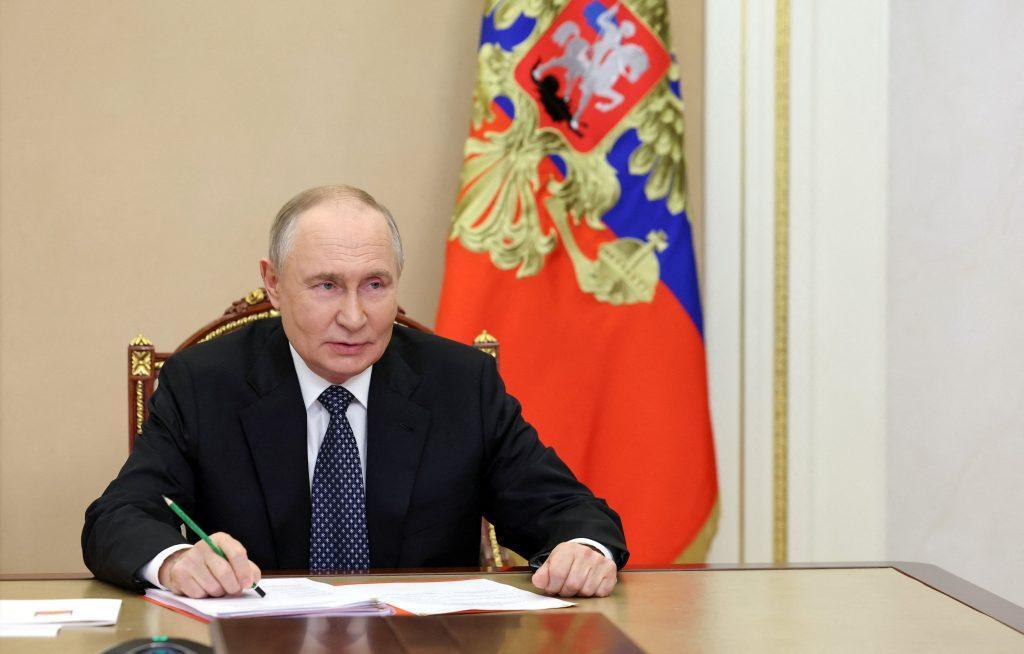As of July 14, there has been a significant shift in Nicosia’s stance on the Greece-Cyprus cable, a crucial electricity interconnection project.
During a visit to Nicosia on July 11, Manousos Manousakis, CEO of the Independent Power Transmission Operator (IPTO), presented a cost-benefit study to the Ministry of Energy reportedly persuading officials of negative repercussions should the project be deemed non-viable.
Government sources also indicate minimal projected costs to consumers from the project. Attention now turns to the Cyprus Energy Regulatory Authority (RAEK), tasked with reassessing its decision on the cable after its recent decision that the project was non-viable.
RAEK had previously rejected imposing charges during the construction phase of the Great Sea Interconnector project, which would have allowed IPTO to recover investment costs.
On Monday, in Nicosia, IPTO officials were slated to meet with RAEK to discuss a revision request. Sources suggest RAEK’s decision may not see immediate revision, with an announcement expected in the coming weeks, potentially by September.
Recognizing the geopolitical significance, the European Commission has designated the approximately 2 billion euros Greece-Cyprus electrical interconnection as a Project of Common Interest (PCI), approving 657 million euros in funding.
The Great Sea Interconnector (GSI) aims to end Cyprus’s energy isolation by linking the island to Greece, thereby enhancing energy security and offering a reliable alternative energy source.
Recent European Commission data reveals that electricity prices in Cyprus exceed those in the USA and Japan, attributed to the island’s reliance on oil for electricity generation, absence of natural gas, and limited utilization of renewable energy sources (RES) that could otherwise reduce costs.
Manousakis delivered an extensive cost-benefit study to Cyprus’s Ministry of Energy regarding the Greece-Cyprus cable, forecasting a potential 30% reduction in Cypriot electricity bills by 2030 once operational.
The study concluded that the social benefits of the interconnection, totaling 8 billion euros, far outweigh its 1.9 billion euros construction cost, resulting in a net social benefit exceeding 6 billion euros.
The study evaluated two scenarios: the first involving integration of Cyprus into Europe’s electricity market via Greece with limited battery installation, and the second exploring isolated development with substantial battery unit installations.
It underscored that the electrical interconnection not only offers the most sustainable economic and environmental benefits but also proves most advantageous for Cypriot consumers—both residential and corporate alike.
It should be noted that the Greek Prime Minister Kyriakos Mitsotakis will be in Nicosia in the coming days as part of the commemorations for the 50th anniversary since the Turkish invasion of Cyprus. During his meetings with President Nikos Christodoulides, discussions are expected to include the topic of the electricity interconnection.
Source: tovima.com







![ΗΠΑ: Aνακαλύπτουν τεράστιο κοίτασμα σπάνιων γαιών στην Γιούτα [γράφημα]](https://www.ot.gr/wp-content/uploads/2025/10/spanies-gaies-rare-earths1-300x300.jpg)





![Χρυσή λίρα: Έσπασε το φράγμα των 1.000 ευρώ [πίνακας]](https://www.ot.gr/wp-content/uploads/2025/12/lires_xryses_2020.jpg)














![ΗΠΑ: Aνακαλύπτουν τεράστιο κοίτασμα σπάνιων γαιών στην Γιούτα [γράφημα]](https://www.ot.gr/wp-content/uploads/2025/10/spanies-gaies-rare-earths1.jpg)











